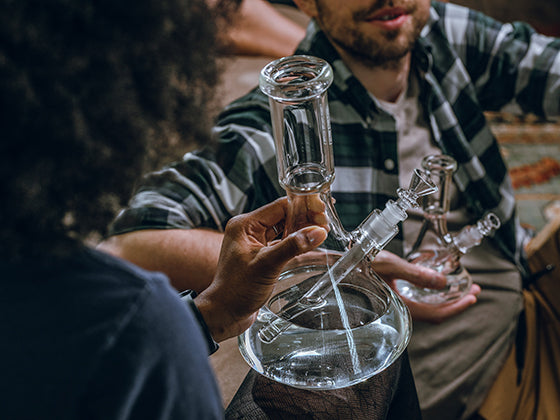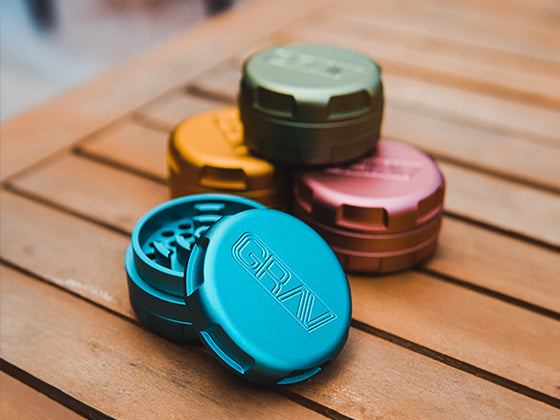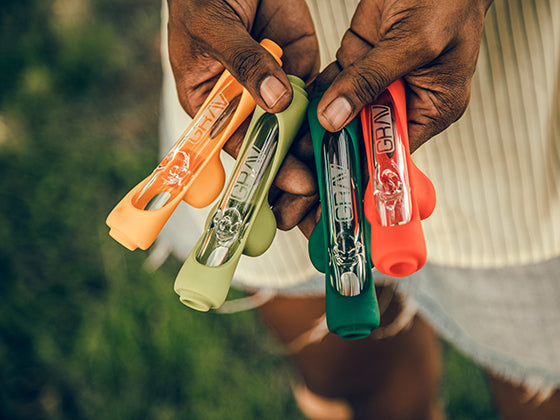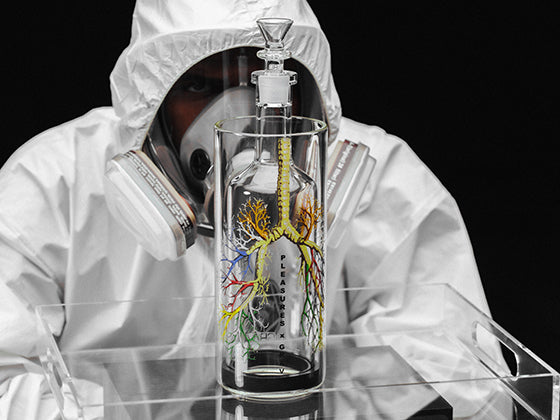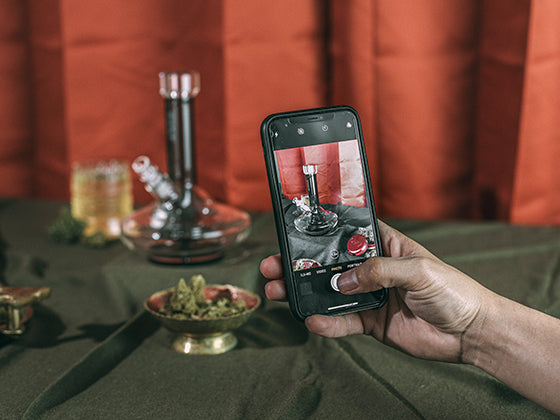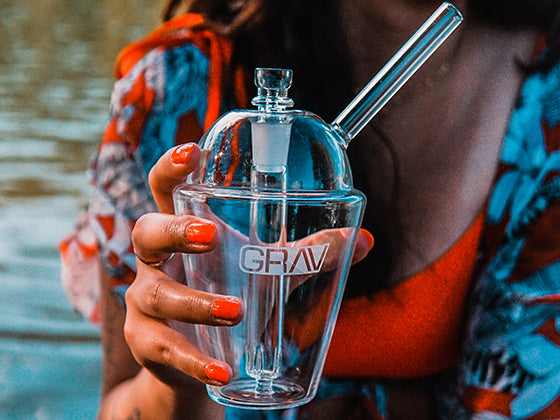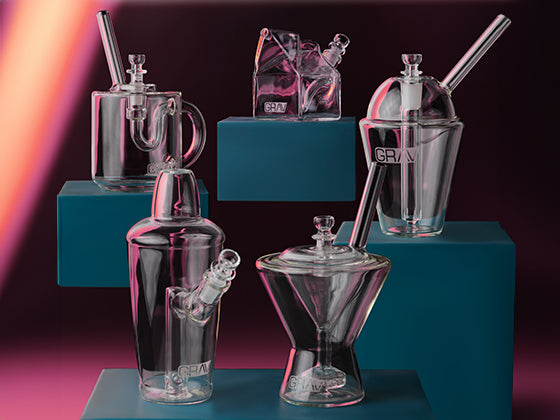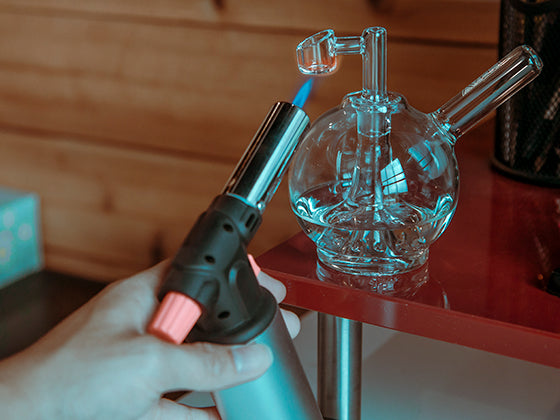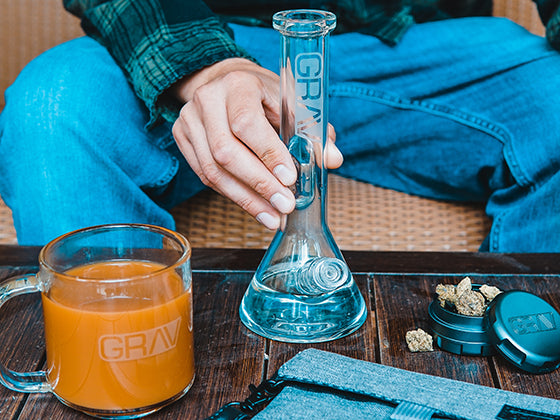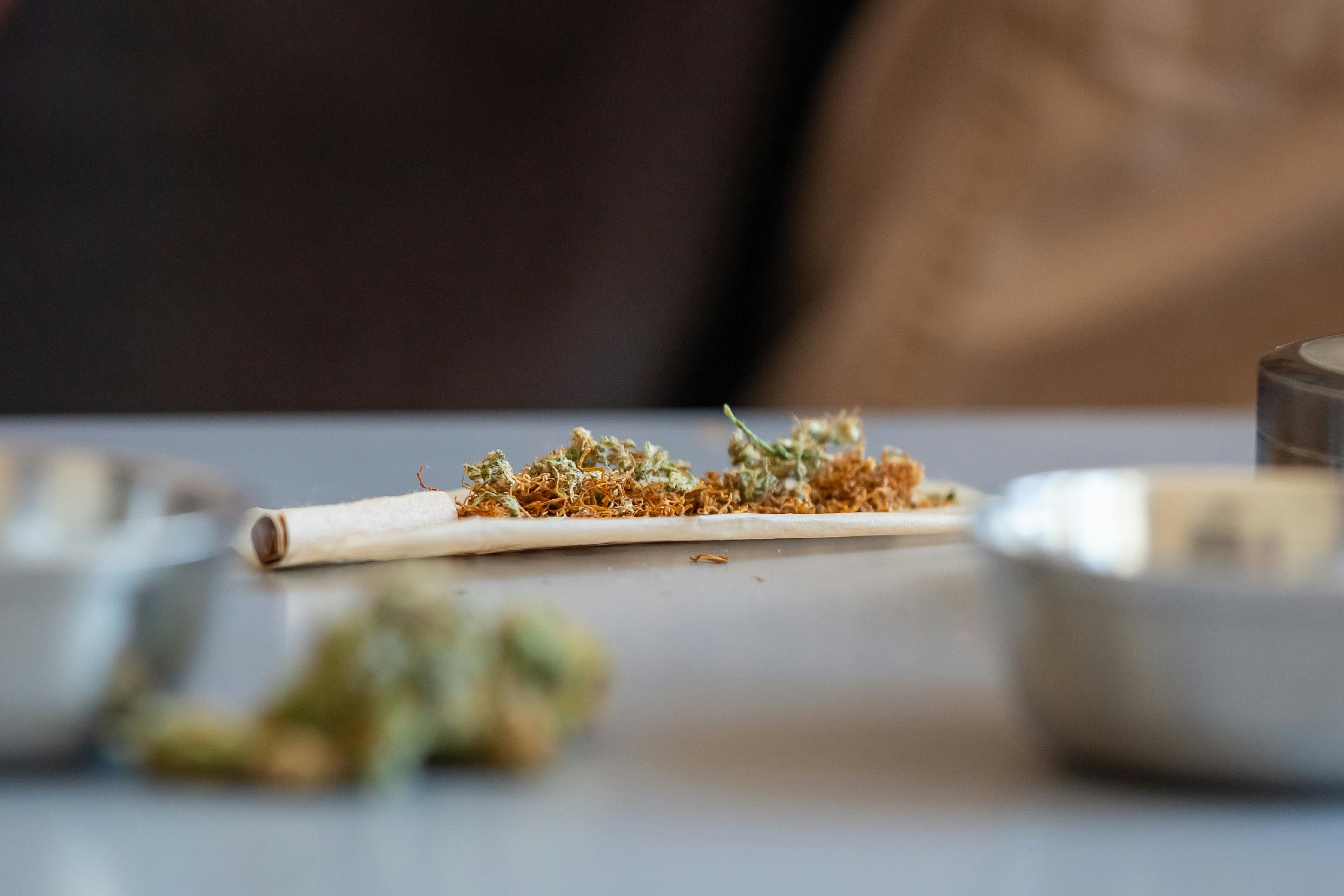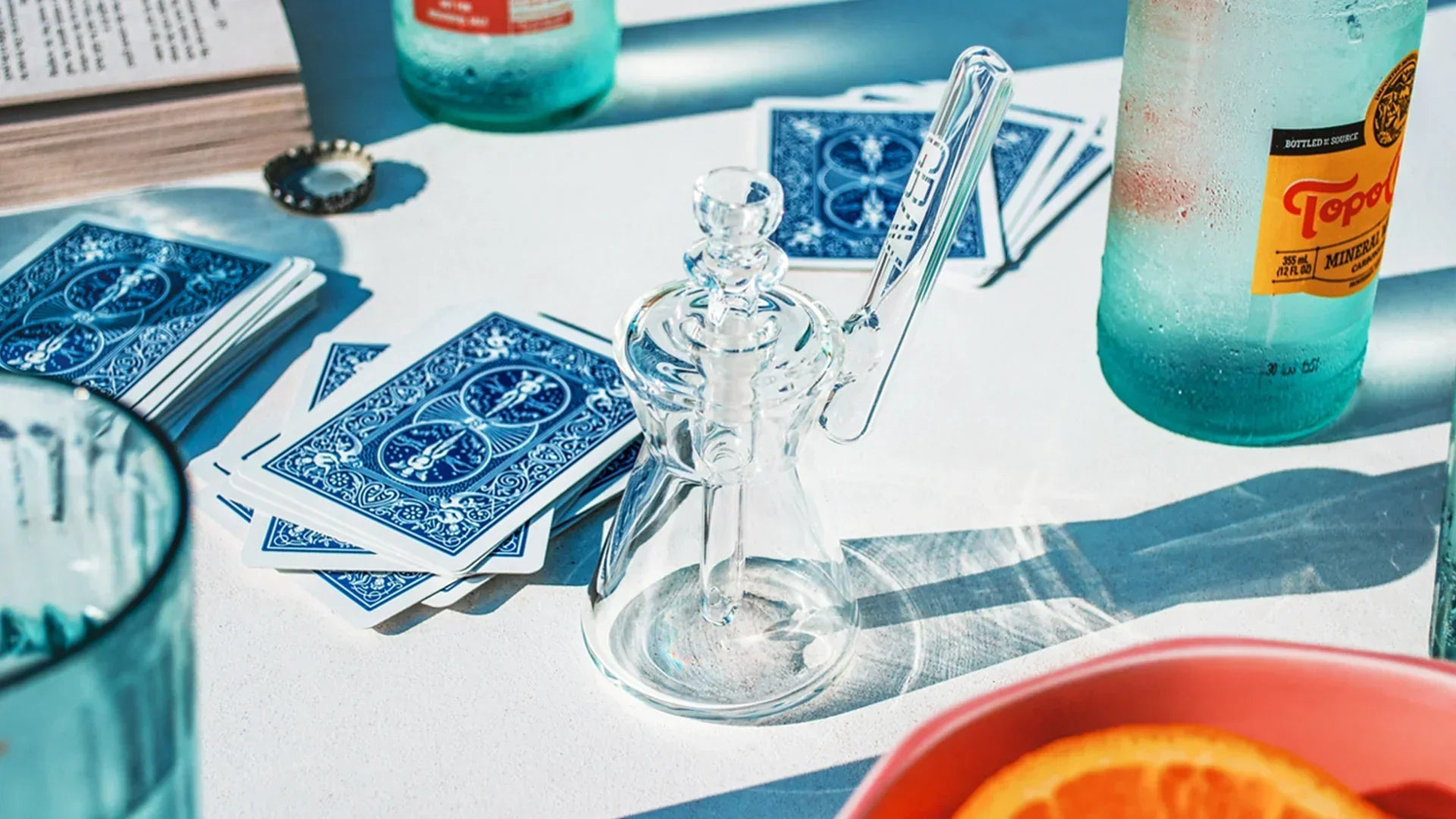But now you’re feeling it. Groggy. Hazy. Like you’re moving through water. Or maybe you feel okay, but you’ve noticed that you need to smoke more than you used to for the same high, and you’re wondering if a break is in order.
So today, we’re talking cannabis detox for a post-4/20 recovery. Nutrition. Hydration. Sleep. And how to know when it’s time for a longer break.
PS. Don’t let the word “detox” deter you. These are practical, science-backed strategies to help you reset after smoking. Not woo-woo pseudoscience or sketchy “detox” drinks.
Hydration & Nutrition: Get Your House in Order
Focus on Hydration
Contrary to popular belief, smoking weed doesn’t cause dehydration. But it does limit saliva and tear production, leading to cotton mouth and dry eyes. So you may feel dehydrated, even though you’re not losing water.
That said, drinking water is one of the best ways to flush out your system and get you feeling better. So drink up. Your intake will vary based on your activity level, body weight, environment, medication, and more. So drink as much water as you need for your urine to be a very pale yellow.

Dial in Your Nutrition
After smoking or eating edibles, THC clings to your body’s fat molecules, barnacle-style. And it stays there for weeks. In order to evict the THC faster, we need to evict some of the fat molecules.
Your body reaches for the easiest sources of energy to keep your systems functioning. If you eat junk food, that’s what the body will burn. But if you eat a healthier diet, your body burns those fat stores to keep you energized—releasing that clingy THC into your bloodstream for excretion.
Focus on vegetables, fruits, lean protein, and whole grains to boost fat burning and get valuable vitamins and minerals.
Leafy greens, watermelon, cucumber, and celery are packed with water and fiber. Beets, bell peppers, and carrots are high in B vitamins for healthy blood cells and digestions, plus vitamins A and C for cell growth and healthy mucous membranes.
And don’t skip the protein. Protein can help minimize cravings, which can keep you on track with your detox.
Movement & Breath: Balance Out & Level Up
Exercise
Movement is key to boosting circulation, oxygenating your cells, and burning more of those THC-infused fat molecules. All good things if we’re aiming for an energy boost and prime organ function.
If you’re feeling like a squeezed out sponge, choose light exercise like walking, easy hiking, or yoga. If you feel up to it, you can also go harder with running, lifting weights, or some intense pilates.
Breathwork & Meditation
A THC spree can leave you feeling anxious and jittery. Let’s calm that central nervous system down.
Shallow breathing can be a symptom of anxiety, but it also contributes to it. Try one of these breathing techniques to slow down your heart rate and soothe the overload.
Box Breathing
-
Breathe in for a count of four.
-
Hold the air in your lungs for a count of four.
-
Breathe out for a count of four.
-
Hold your lungs empty for a count of four.
-
Repeat 4-6 times.
Alternate Nostril Breathing
-
Press gently on your right nostril with your right thumb.
-
Breathe in slowly through your left nostril.
-
Close your left nostril with your right index finger and release your thumb from your left nostril.
-
Breathe out slowly through your right nostril.
-
Maintaining the same finger position, breathe in slowly through your right nostril.
-
Close your right nostril with your right thumb, and release your index finger from your left nostril.
-
Repeat 4-6 times.
Meditation can also help you refocus and stop an anxiety spiral. You can find hundreds of free guided meditations on YouTube with soothing thought exercises, breathing patterns, and visualizations.
Saunas and Steam Rooms
A popular claim among “health gurus” is that sweating will aid in detoxification. It’s not true. The only organs that detox your body are your liver and kidneys—and they do a damn fine job of it. All that you’re excreting when you sweat is water and electrolytes (sodium, chloride, and a little potassium).
That being said…a good sweat session still feels refreshing. So there’s no reason to avoid a visit to the sauna or steam room. Just make sure you’re replacing those electrolytes after your sauna session or workout.
A hot bath is also a great option. Warm water encourages your arteries and veins to expand, further boosting circulation. Throw some Epsom salts in your bath to ease lingering body aches and tension.
Sleep & Recovery: Rest is Key
What Weed Does to Your Sleep
Many people find cannabis to be a valuable sleep aid. But overuse can also lead to anxiety—the kind that leaves you lying awake at night, wondering why you told your fourth-grade class you spoke Chinese when you clearly didn’t. (Not that I ever did that…)
Heavy smoking also impacts the quality of your sleep, decreasing both the number and duration of REM cycles. And taking a break from THC can exacerbate all of the above, making it harder to fall asleep, reducing REM sleep, and increasing sleep disruption.
What To Do About It
A peaceful wind-down routine can help you ease into sleep. But the key word is “routine.” You’re giving your body cues that it’s night-night time so you can shift into rest mode. For your body to recognize the cues, it needs to make the association between the routine and sleep.
Here are some options to add to your routine:
A hot bath or shower
Your body temperature needs to drop slightly for you to fall asleep. Hot water causes your blood vessels to dilate so more body heat can escape—thus cooling you down and getting your body prepared for rest.
No phones
Yes, you’ve heard it before, but it’s true. A 2020 study found that reducing phone use before bed for four weeks increased sleep duration, improved sleep quality, and helped participants fall asleep faster.
Plus, aren’t you tired of dropping your phone on your face? So put your phone away about an hour before bed.
Breathwork
Calm that central nervous system and tone down the anxiety with slow breathing. Try the exercises described above.
Diffuse calming essential oils
Several studies have shown a link between inhaling essential oils and better sleep. Lavender seems to be the top choice, but bergamot and chamomile are also popular.
IF YOU HAVE PETS: check with your vet before diffusing essential oils. Some scents can be dangerous for your furry friend.
Magnesium supplements
While it’s not 100% clear why, magnesium has been shown to help people sleep longer and better. It occurs naturally in leafy greens, whole grains, and dairy, but you can also try a supplement 1-2 hours before bed.

Do You Need a Tolerance Break?
If you’ve been hitting the bong or dab rig hard, you may want to consider something more substantial than a short detox. A tolerance break (aka T-break) gives your body a chance to reset and helps you to get more from your weed.
How Do You Get High?
The endocannabinoid system (ECS) is a complex signaling system in your body that regulates functions like mood, appetite, pain, and more. Think of it as a messenger system that keeps you balanced.
When you smoke weed, THC binds to the ECS’s CB1 receptors in your central nervous system. These two go together like peas and carrots. A perfect fit. And this can impact all those functions we mentioned before—elevating your mood, increasing appetite, alleviating pain, and giving you the giggles.
What Happens When You Build Tolerance?
If you smoke too much, your CB1 receptors get overstimulated. When this happens, your body will do two things:
-
Reduce the sensitivity of the receptors to reduce the overstimulation.
-
Remove CB1 receptors, so there are fewer available to interact with the THC.
This is why, over time, you need to smoke more or take more edibles to get the same effect.
When you temporarily stop smoking, you can reverse this process. Your CB1 receptors will become more sensitive to weed again, and your body will replenish the receptors that have disappeared.
The result? Your CB1 receptors will be more responsive, so you can smoke less to get the same high.
How to Take a Tolerance Break
The best way to detox from weed is to take a break. Bummer, but true. Here’s how to do it.
Cold Turkey vs. Tapering
If you’re committed to a t-break, quitting cold turkey may seem like the smartest move. This works for some, but it can also come with withdrawal symptoms like trouble sleeping, irritability, and increased anxiety.
So if you’re a heavy smoker, the best strategy is tapering—slowly decreasing your cannabis use over one to two weeks until you’ve reached zero.
How Long Should Your T-break Be?
If you smoke most days, a T-break should be at least 21 days, as it takes about that long for THC to fully leave your system. But even a brief break of a few days can help give your CB1 receptors a little vacation.
Tips for a Successful T-break
-
Tell a supportive friend what you’re up to. When you know they know, it can help keep you accountable.
-
Keep your paraphernalia out of sight during your taper and break, to reduce temptation.
-
Keep busy at the times of day when you would normally smoke. Boredom is the kiss of death to your goal.
-
Prioritize sleep (see above).
-
Don’t forget to eat. A t-break may mess with your appetite, so eat on a schedule if you have to.
T-break? Or Just Cutting Back?
Not sure if you’re at full t-break level yet?
Here are some signs that it might be break time.
-
You have to smoke much more than you used to for the same effects.
-
You’re no longer getting relief from pain or anxiety.
-
You feel increased anxiety or paranoia when you smoke.
-
You’re spending more money on weed than before.
If this doesn’t sound like you, then mindful moderation may be all you need.
Easing Back In Post Detox
Whether you took a full t-break or just did a short detox for post-4/20 recovery, you don’t need to jump back in with your hardest-hitting dabs. Try these gentler vehicles to herbal happiness.
Microdosing
Take it easy on those CB1 receptors by microdosing cannabis.
A simple one-hitter like the GRAV® 12mm Taster with Silicone Skin lets you ease back into smoking. There’s no huge chamber to clear or a big bowl to smoke down—just one or two perfect little hits.
Drink Instead of Smoke
If you put your throat and lungs through the ringer on 4/20, give them a well-deserved break. The GRAV® Cannabis Spirit gets you high without the burn. Each serving has 10mg each of THC, CBD, and terpenes for a balanced lift. Sip it straight or make yourself a cocktail or mocktail.
Balance Out with CBD
CBD, THC’s gentler cousin, gets some eye rolls from the big smoking crowd. CBD isn’t psychoactive, so it won’t get you high. But it has been proven to help reduce anxiety, which may spike when you’re abstaining from THC. It may also help with cravings, so you can extend your break longer. And since it doesn’t target your CB1 and CB2 receptors directly, it won’t impact your tolerance reset.
Detox Now, Smoke Forever
Cannabis is a gift, but overuse has its downsides. Take a break after indulgent weekends or periods of heavy smoking so you can focus on your health. It’s the best way to make sure that cannabis enhances your life, instead of becoming your life.
Find Your Ritual. Find Your Higher Self with GRAV.
Whether you smoke twice a year, twice a day, or smoking’s not even your thing, GRAV makes something that will elevate your ritual and help you find your higher self. From cutting-edge glassware to premium cannabis accessories, we craft tools designed for every kind of enthusiast. Explore GRAV’s best sellers or dive into our blog for expert guides and cannabis culture insights.
Does Sweating Cleanse Your System, How Stuff Works, August 2010
The Effects of Cannabinoids on Sleep, PubMed, January 2022
Does Marijuana Affect REM Sleep?
Temperature and sleep. How our environment affects our sleep, Sleepstation, December 2022
Effect of restricting bedtime mobile phone use on sleep, arousal, mood, and working memory
A systematic review of the effect of inhaled essential oils on sleep, PubMed, June 2024
Weed withdrawal: More than half of people using medical cannabis for pain experience withdrawal symptoms, University of Michigan Department of Psychiatry, February 2021
Use of Cannabidiol for the Treatment of Anxiety: A Short Synthesis of Pre-Clinical and Clinical Evidence, Cannabis and Cannabinoid Research, September 2020
Beyond the CB1 Receptor: Is Cannabidiol the Answer for Disorders of Motivation?, Annual Reviews, February 2016
Contributed by Kate McDermott

